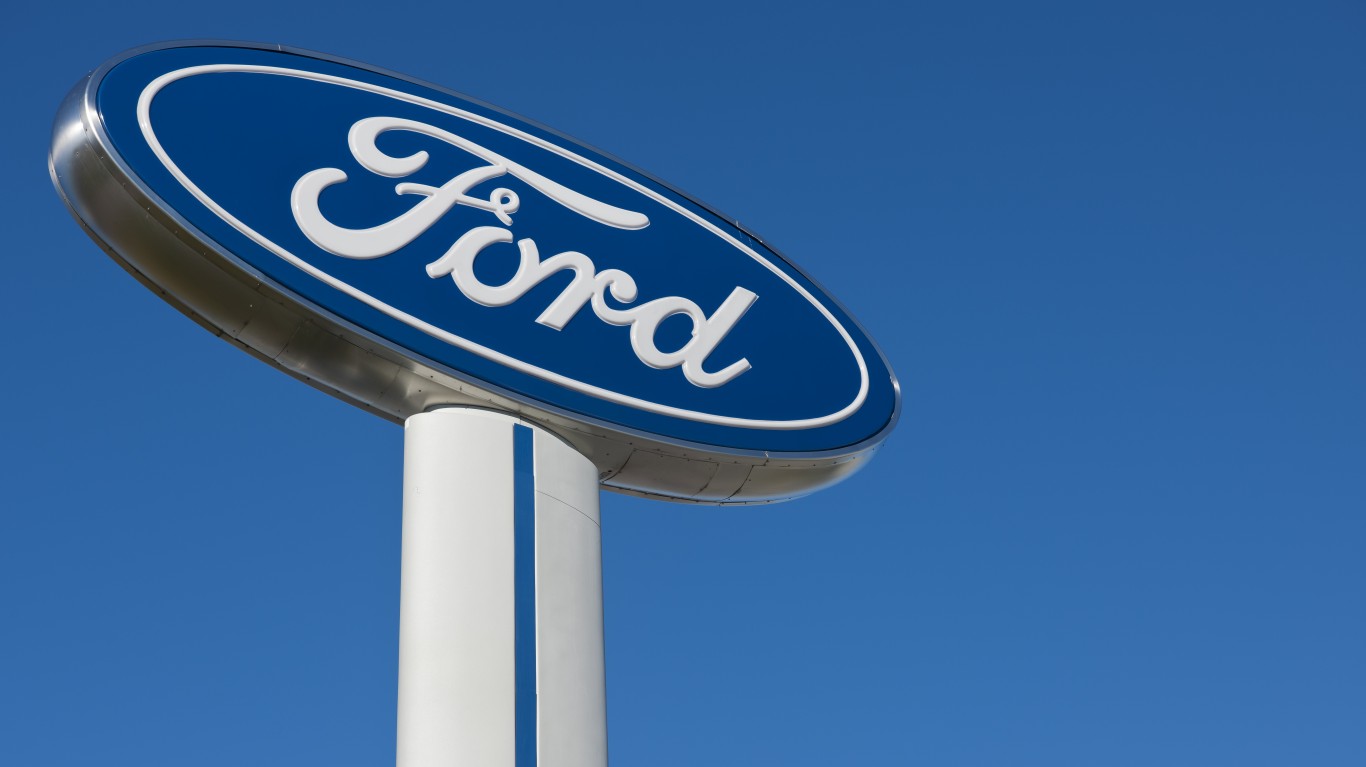 China recently was the most attractive car and light truck market in the world. The Asian nation’s vehicle sales are nearly 18 million a year now, ahead of the second-largest market — the U.S. — at 14 million. But the U.S. car market has started to grow again. China’s has not. The trend has not halted major global manufacturers from taking chances by investing in China’s car industry. The decision may haunt them.
China recently was the most attractive car and light truck market in the world. The Asian nation’s vehicle sales are nearly 18 million a year now, ahead of the second-largest market — the U.S. — at 14 million. But the U.S. car market has started to grow again. China’s has not. The trend has not halted major global manufacturers from taking chances by investing in China’s car industry. The decision may haunt them.
General Motors (NYSE: GM) is by almost any measure the company with the highest Chinese sales, along with its joint venture partners in the country. Its March sales rose 11% to 257,944 units. Its major global competitors did not do so well. Toyota (NYSE: TM) sales were up only 2.2% to 86,000. The largest Japanese manufacturer is small in China, and it is losing market share.
Ford (NYSE: F), which has been a laggard in China, will invest $600 million in new facilities there, centered in the city of Chongqing. The number two U.S. car firm may be able to make many more cars in the People’s Republic, but, up against entrenched GM, it may not be able to sell many of them.
The Chinese car and light vehicle market only grows by 2% or 3% now. There are several reasons for that. One is likely to be the very high price of gasoline and oil, which will not change any time soon. The other is that government incentives to buy cars, which helped push double-digit sales before 2011, have expired. The Chinese middle class may be relatively large, but is not as well-heeled as the one in the U.S. Without incentives, sales will remained stalled.
Just two years ago, China was considered the world’s most attractive big car market. The U.S. was not. That has changed rapidly, and manufacturers may regret the day they began to pour money into the People’s Republic. Sales are too slow there and competitors are too many.
Douglas A. McIntyre
In 20 Years, I Haven’t Seen A Cash Back Card This Good
After two decades of reviewing financial products I haven’t seen anything like this. Credit card companies are at war, handing out free rewards and benefits to win the best customers.
A good cash back card can be worth thousands of dollars a year in free money, not to mention other perks like travel, insurance, and access to fancy lounges.
Our top pick today pays up to 5% cash back, a $200 bonus on top, and $0 annual fee. Click here to apply before they stop offering rewards this generous.
Flywheel Publishing has partnered with CardRatings for our coverage of credit card products. Flywheel Publishing and CardRatings may receive a commission from card issuers.
Thank you for reading! Have some feedback for us?
Contact the 24/7 Wall St. editorial team.




